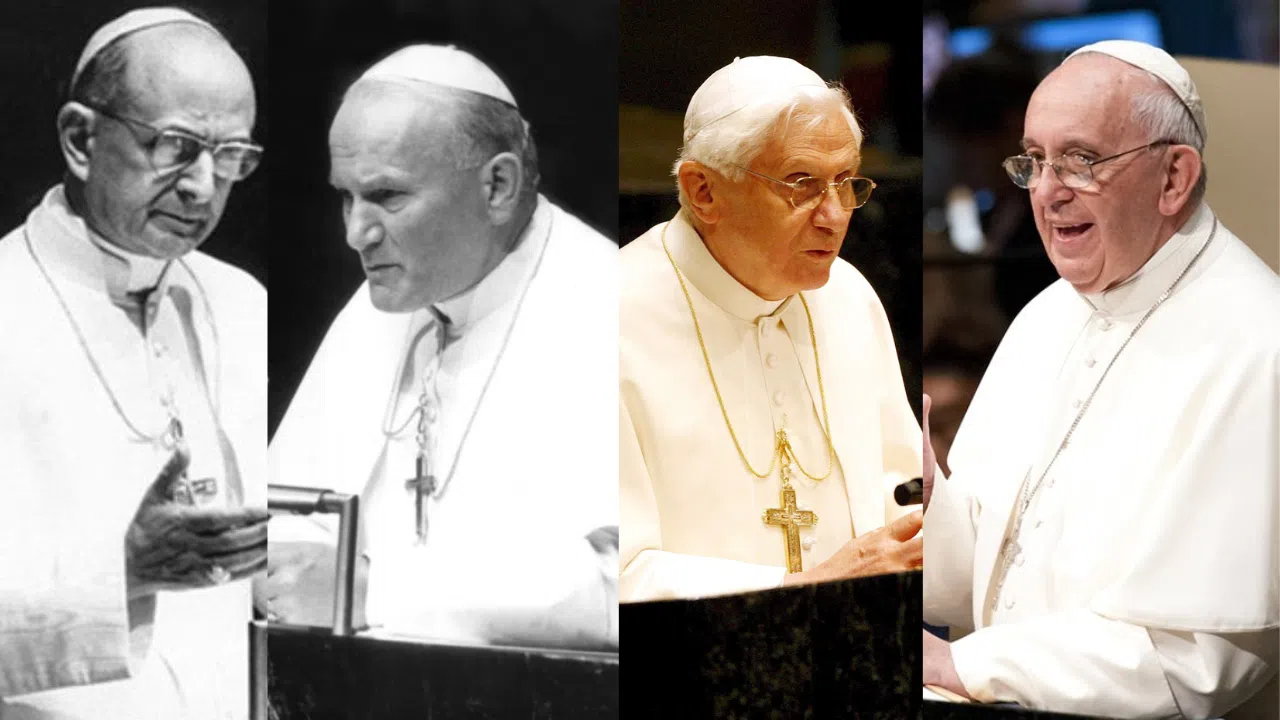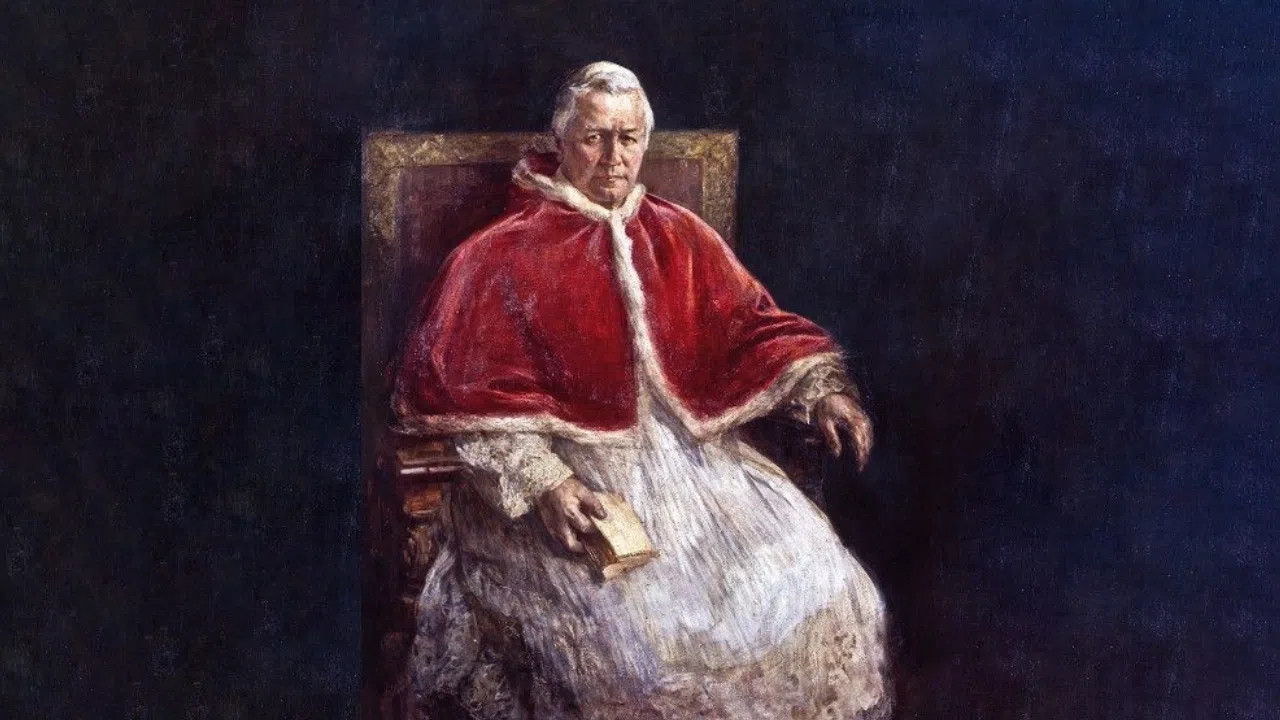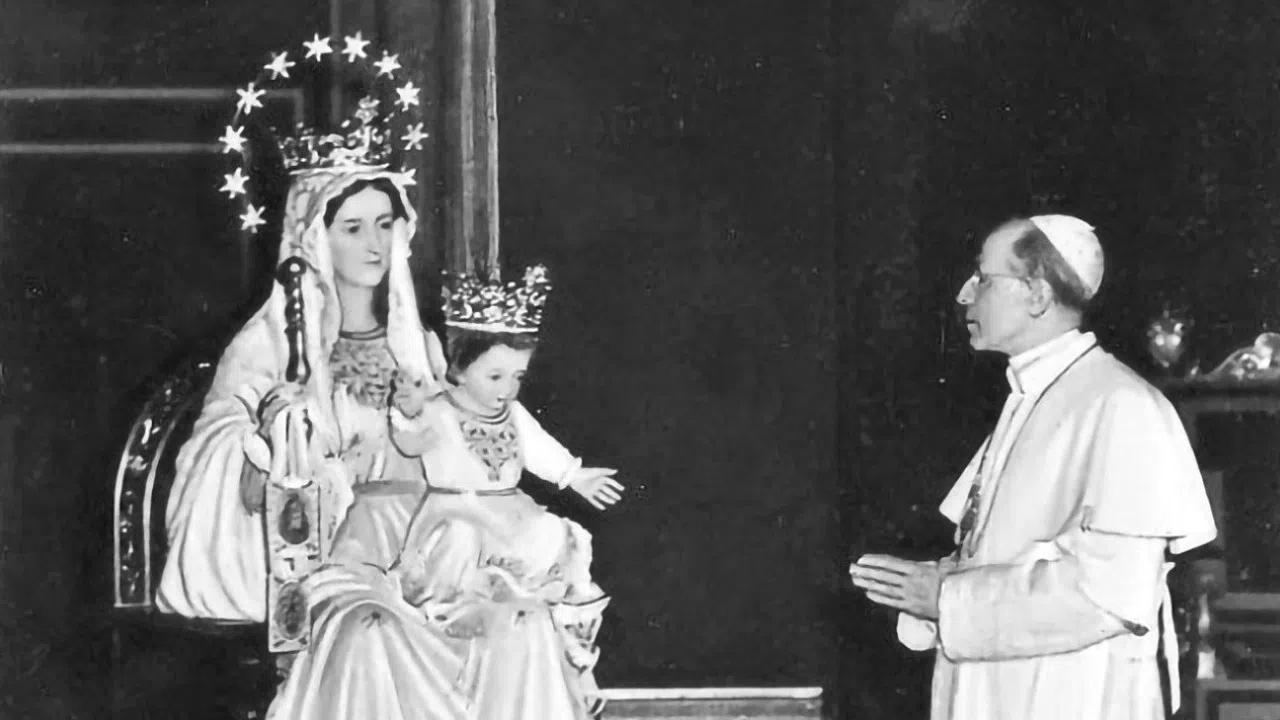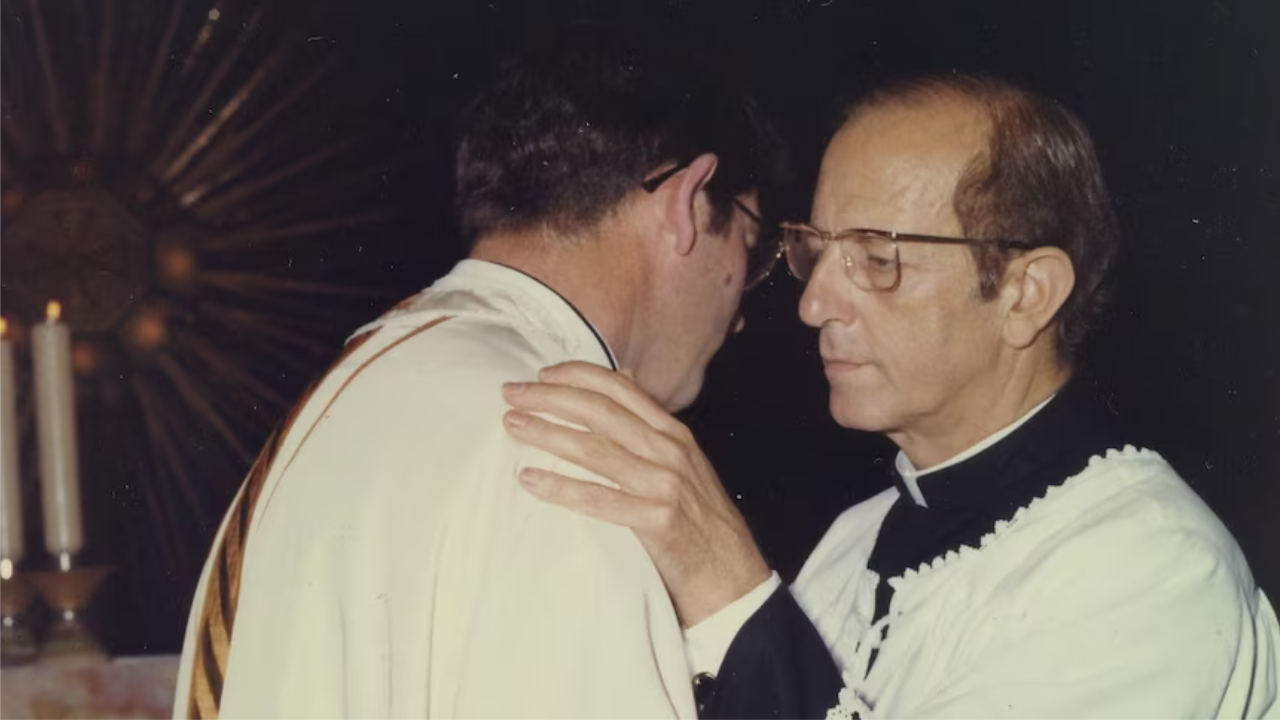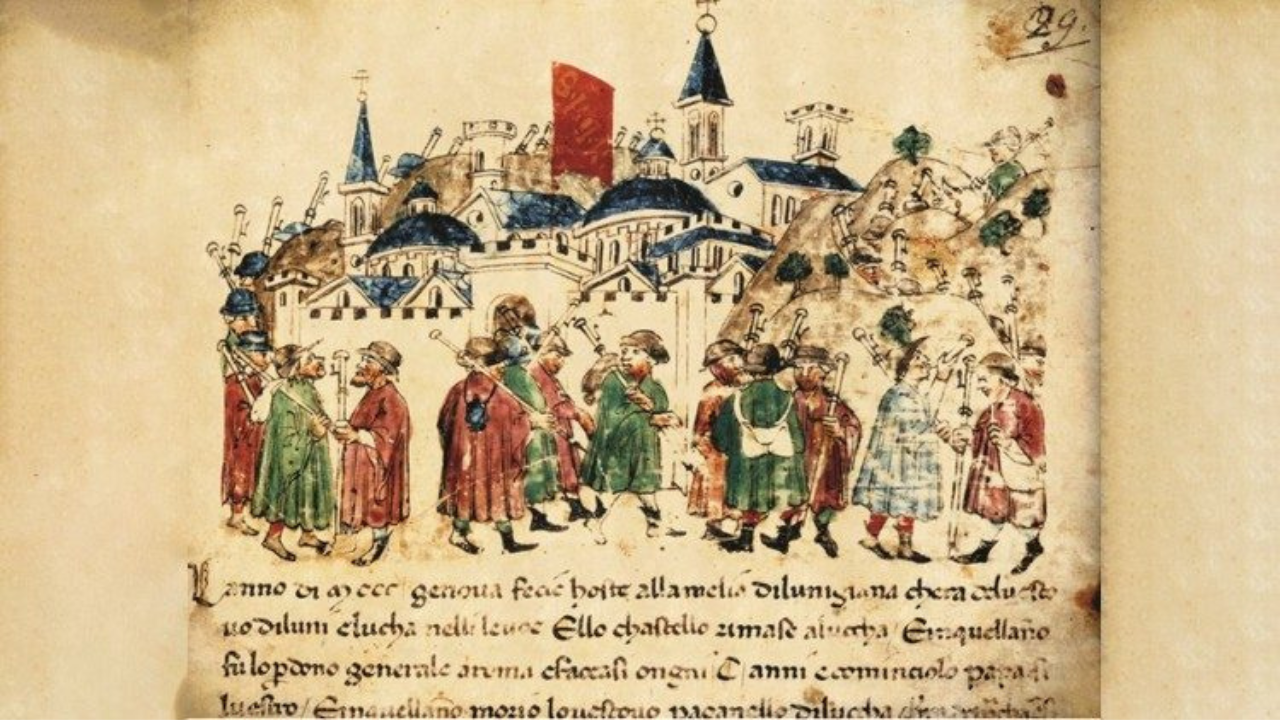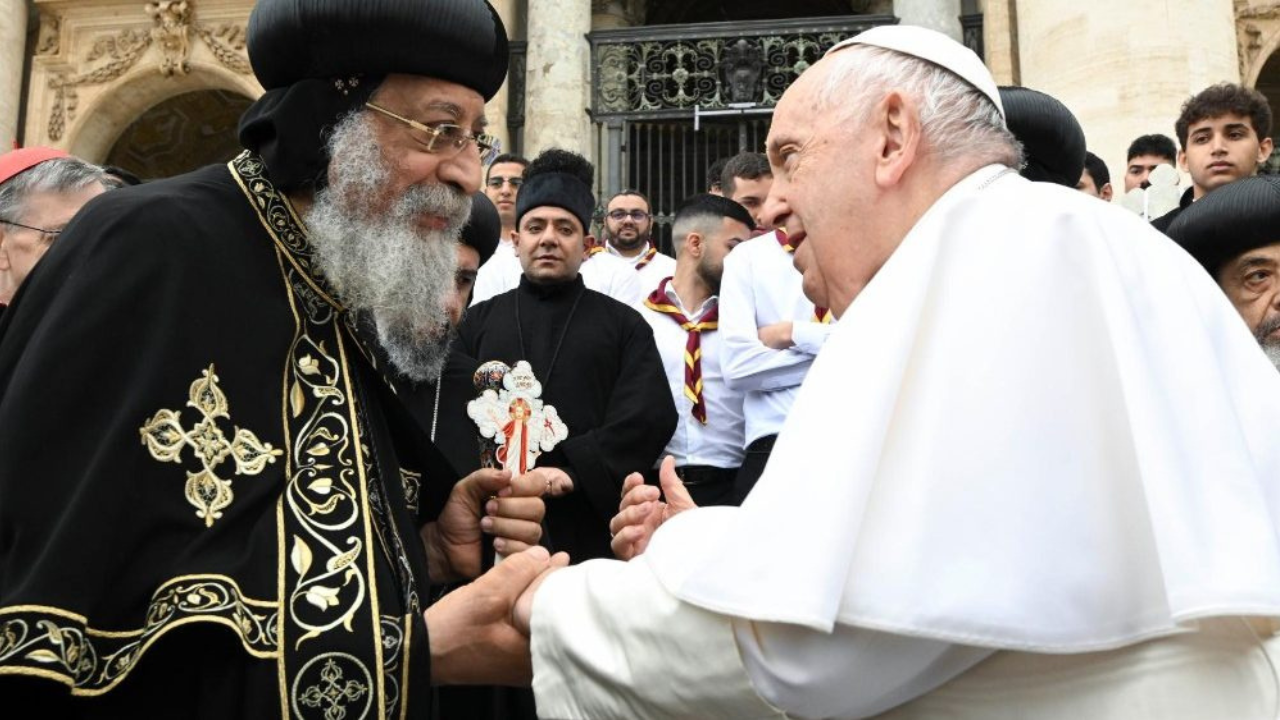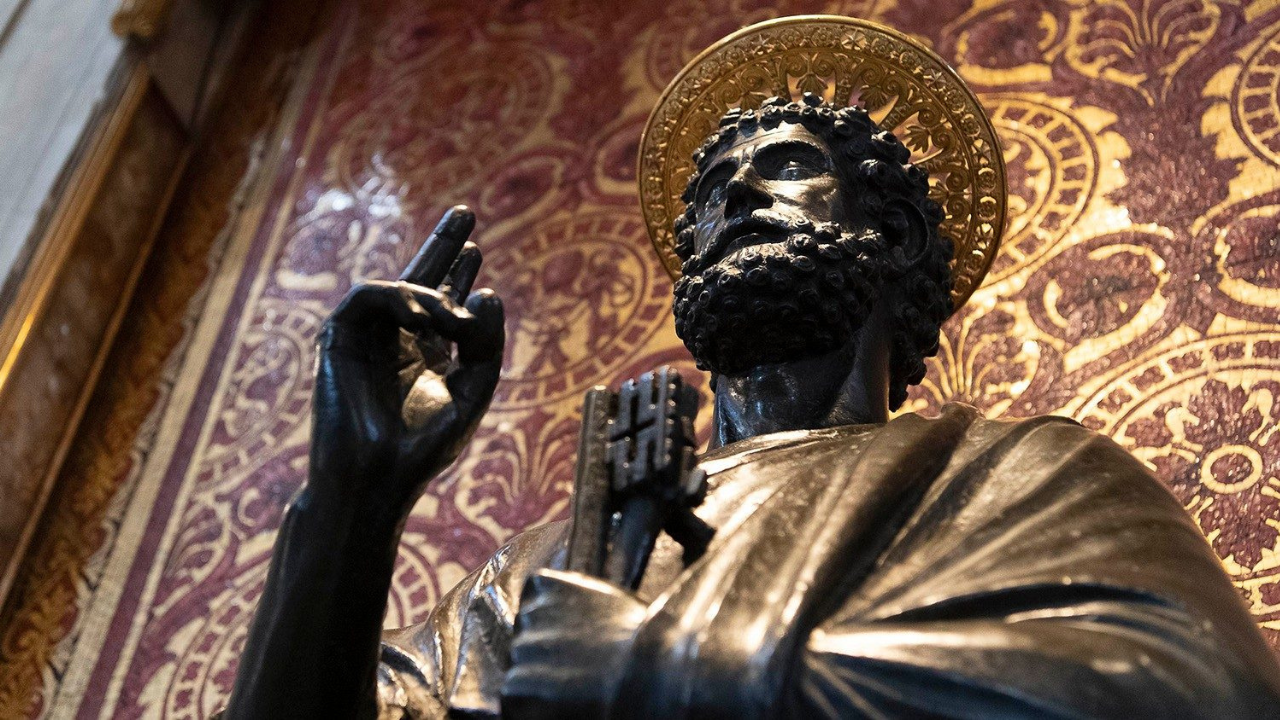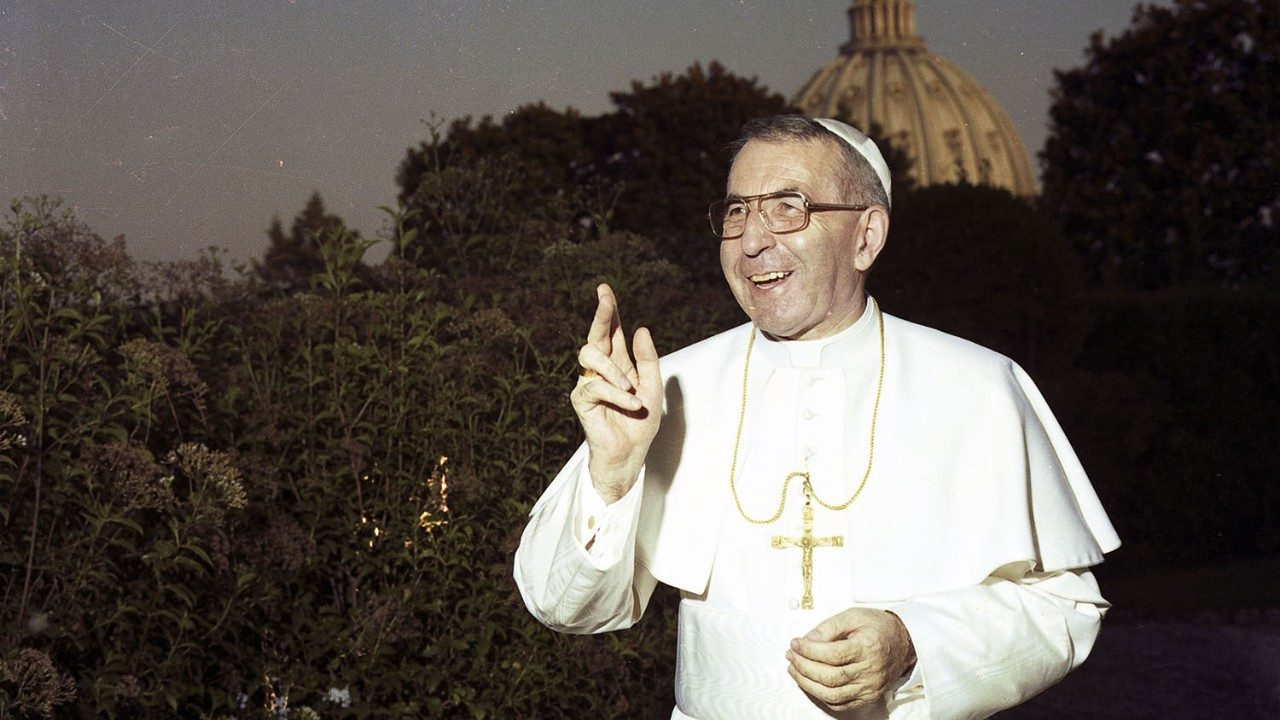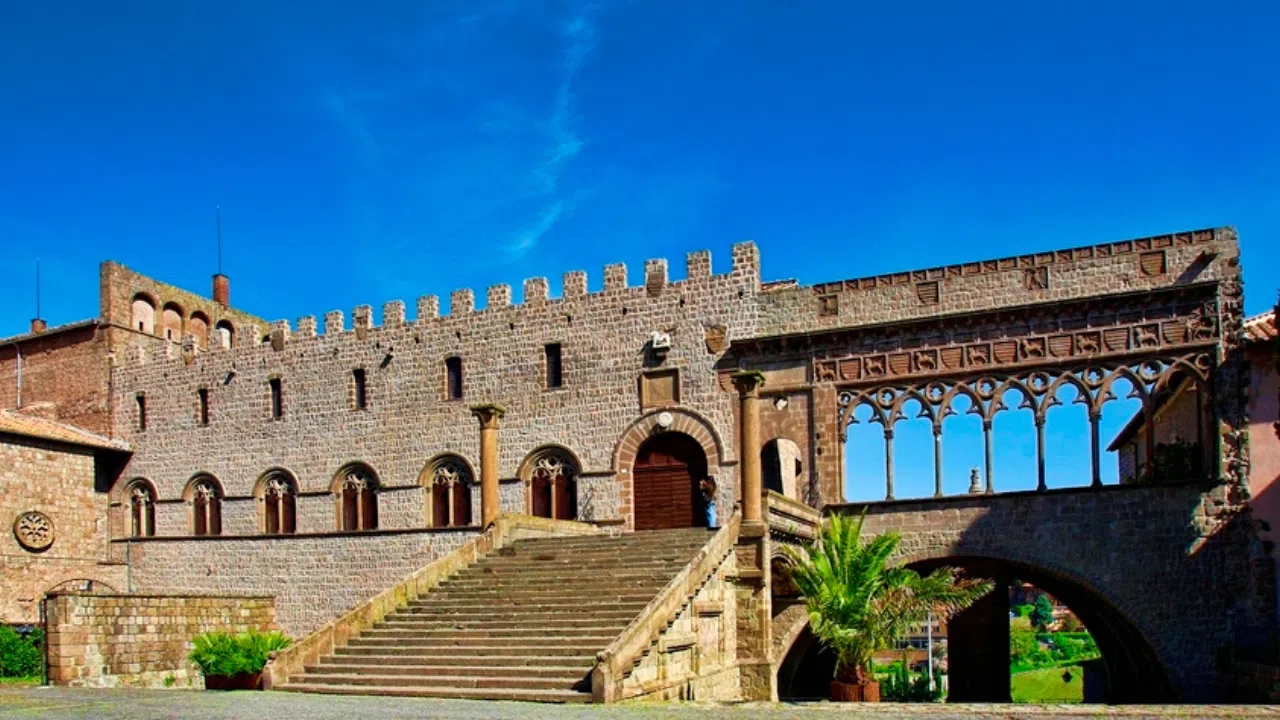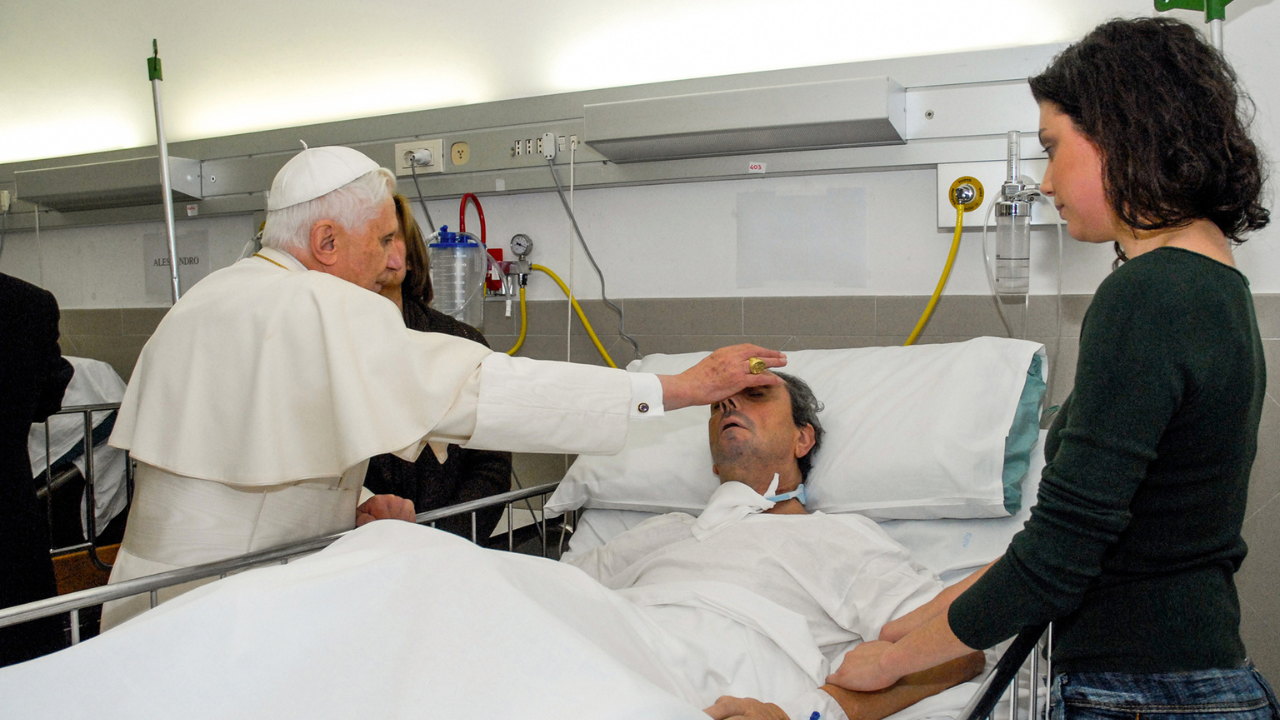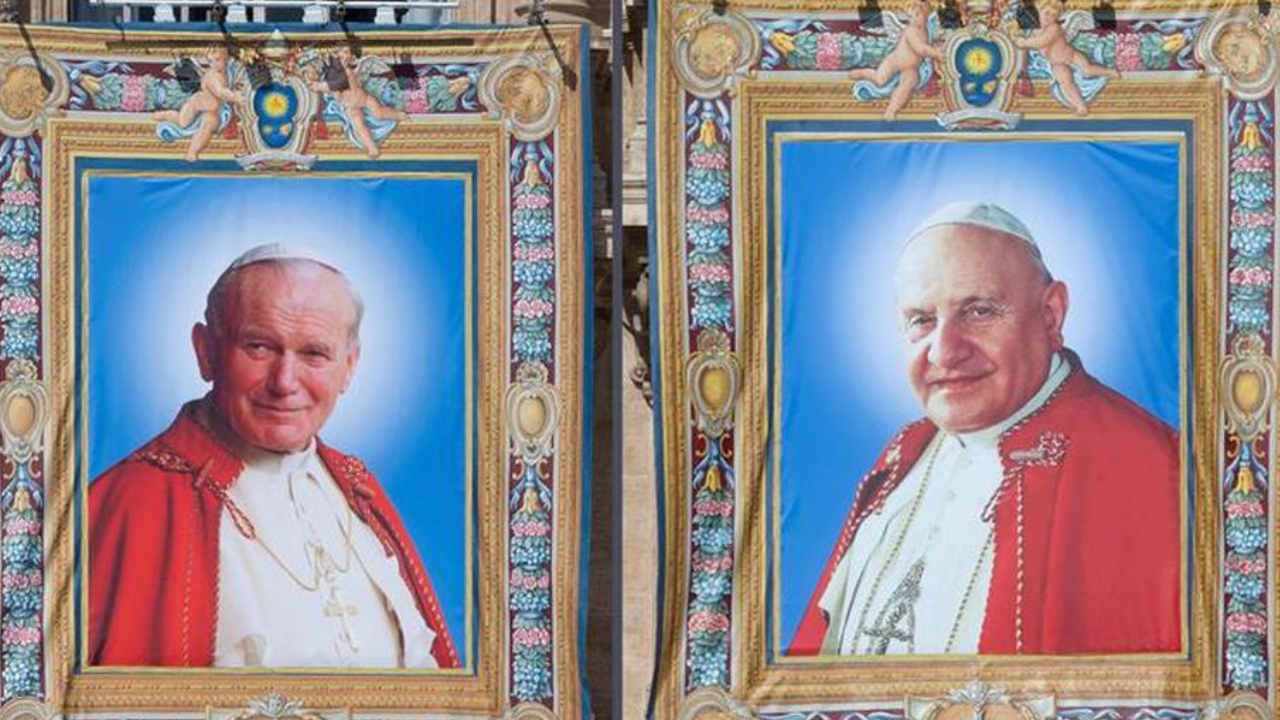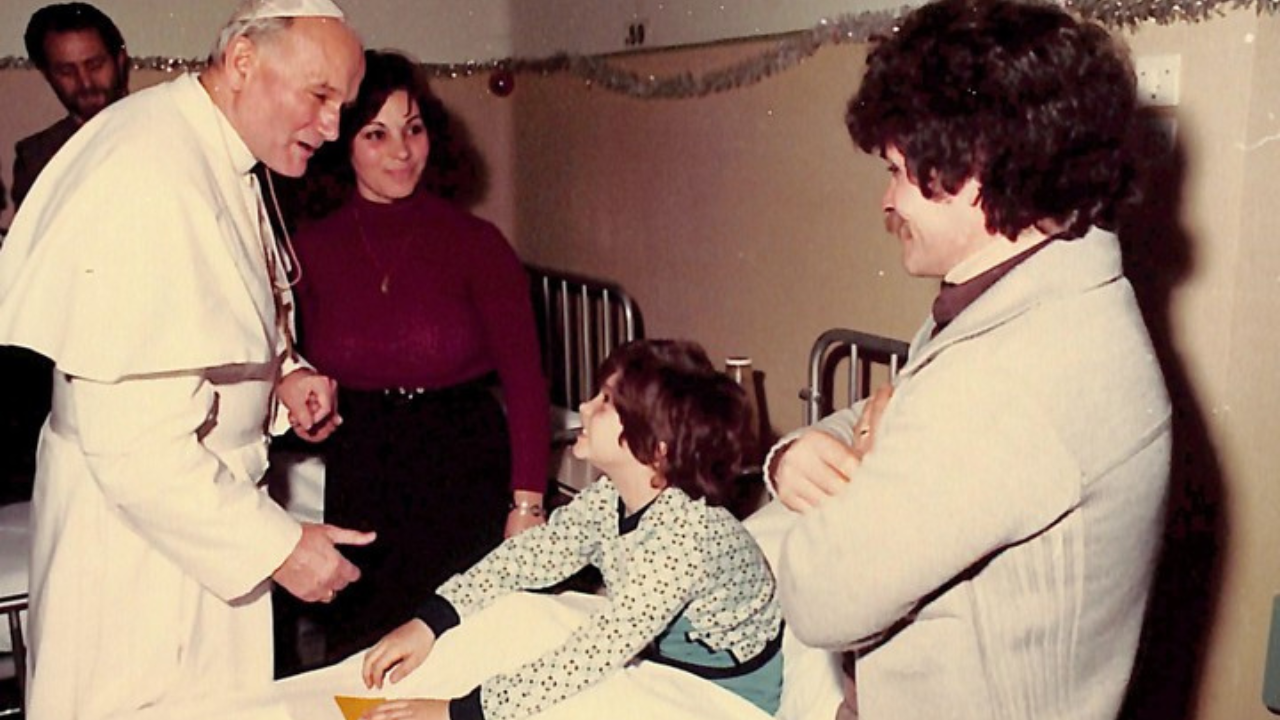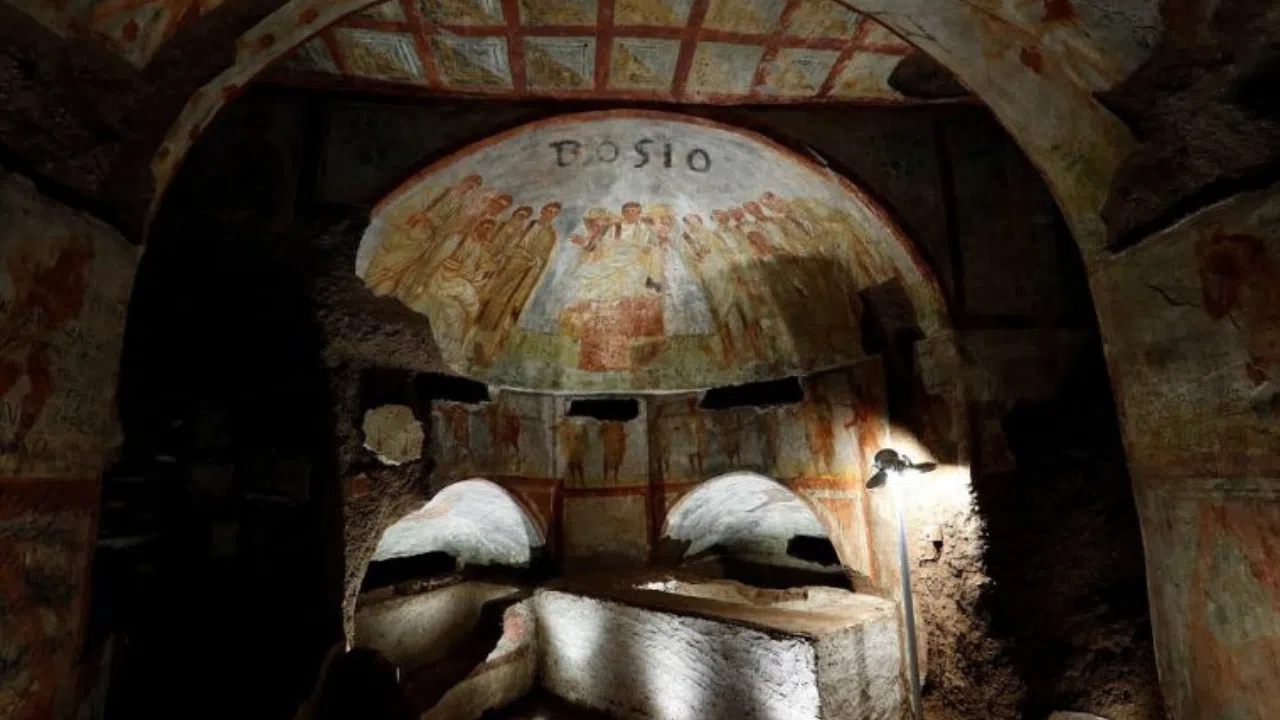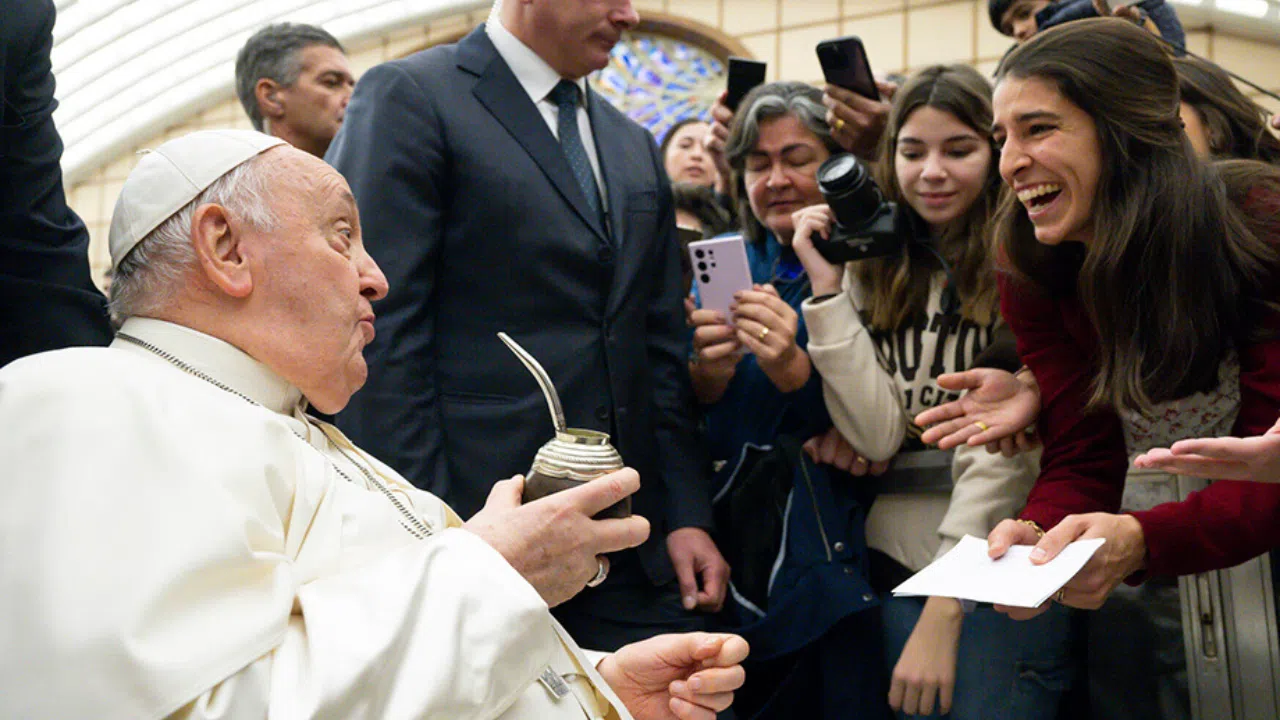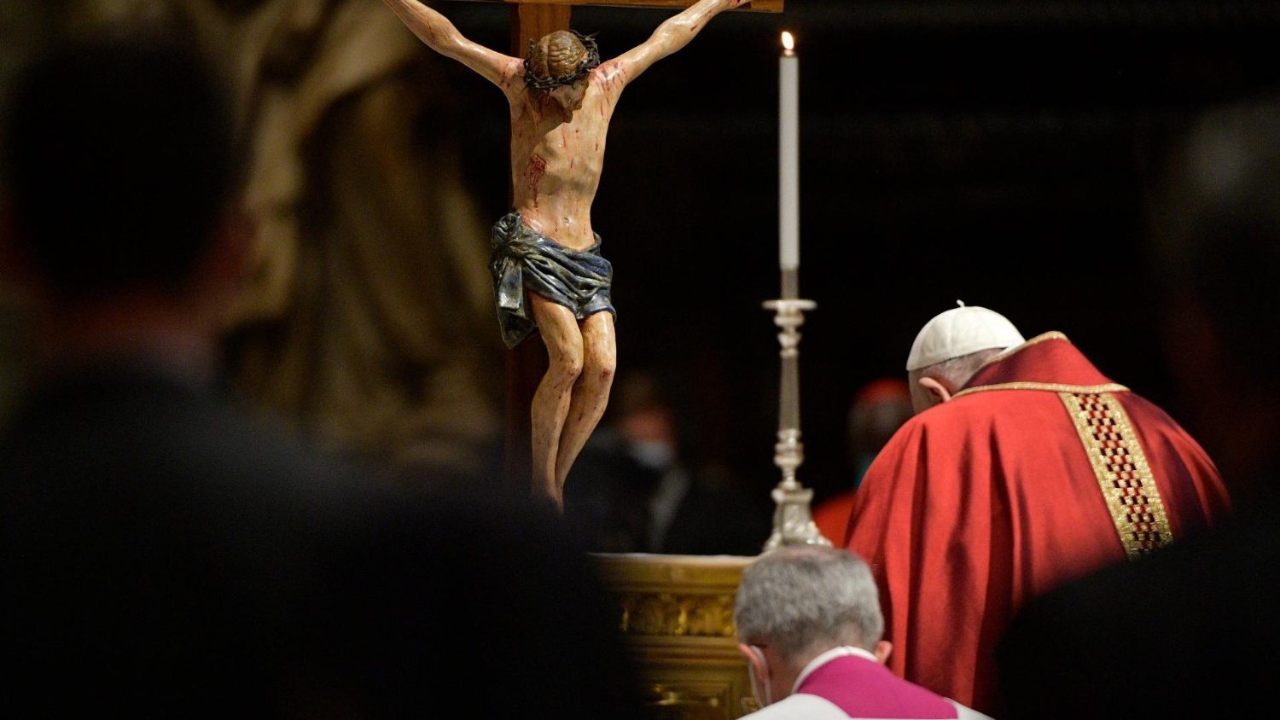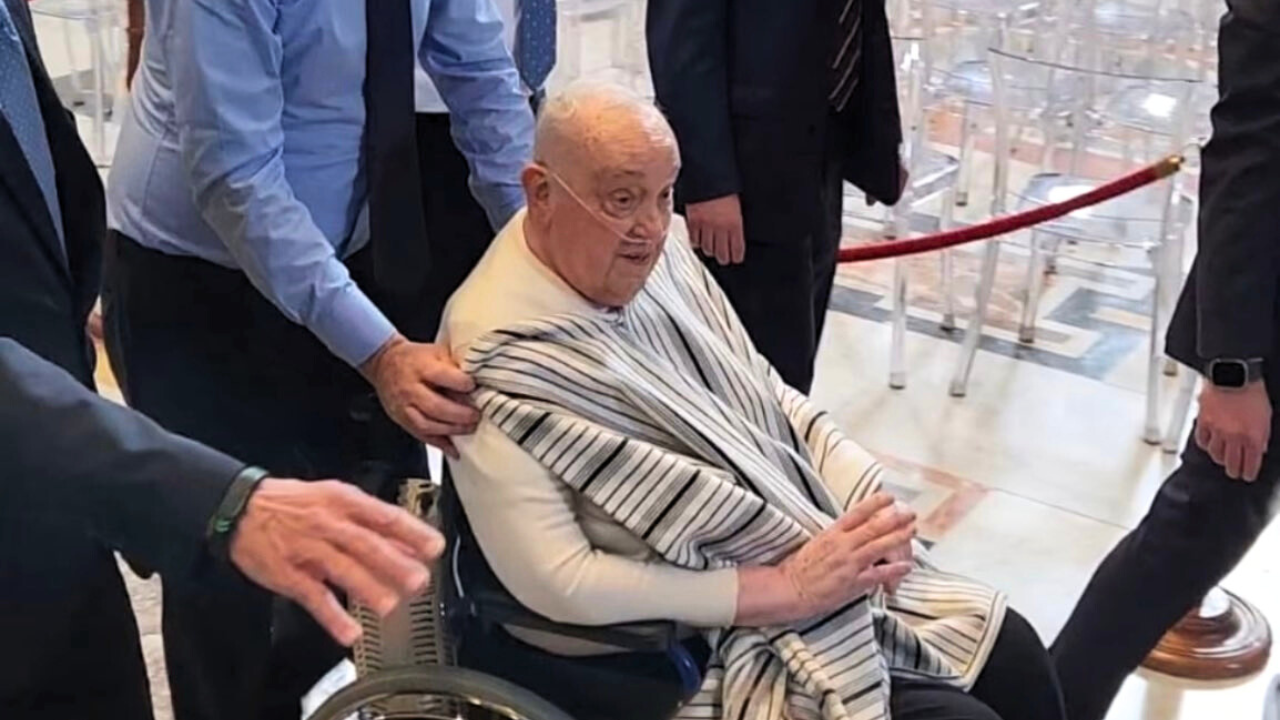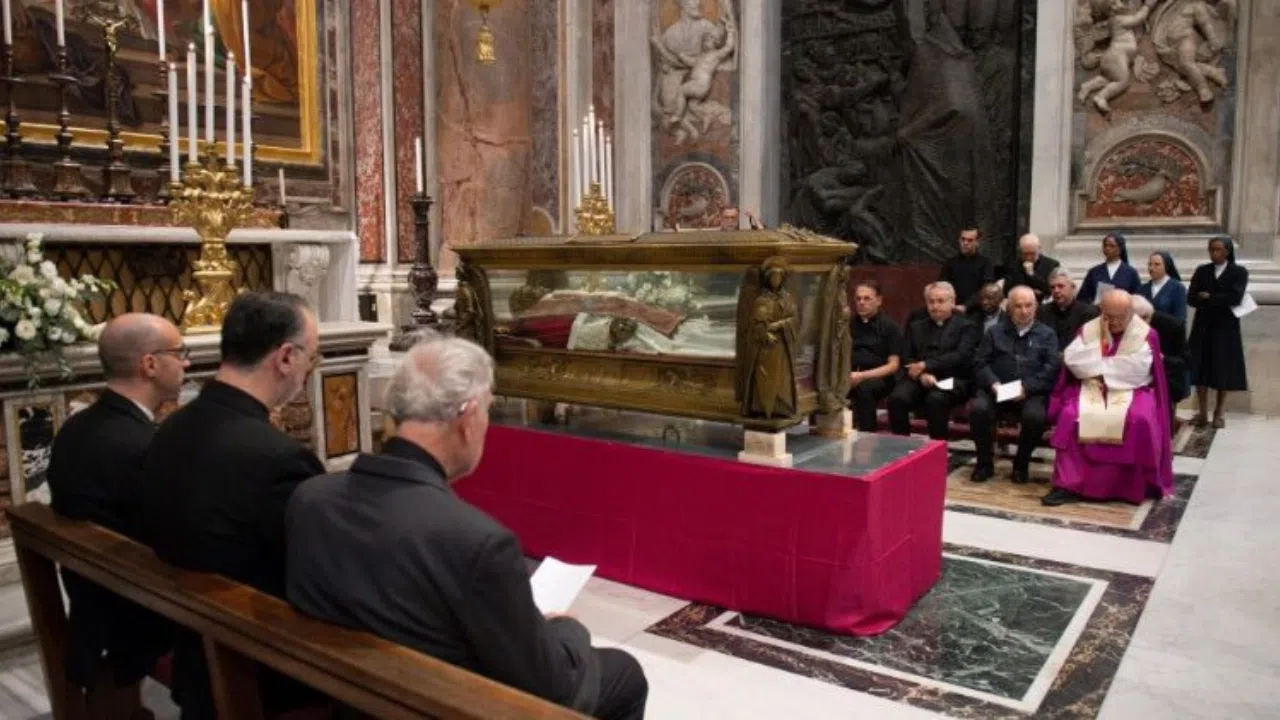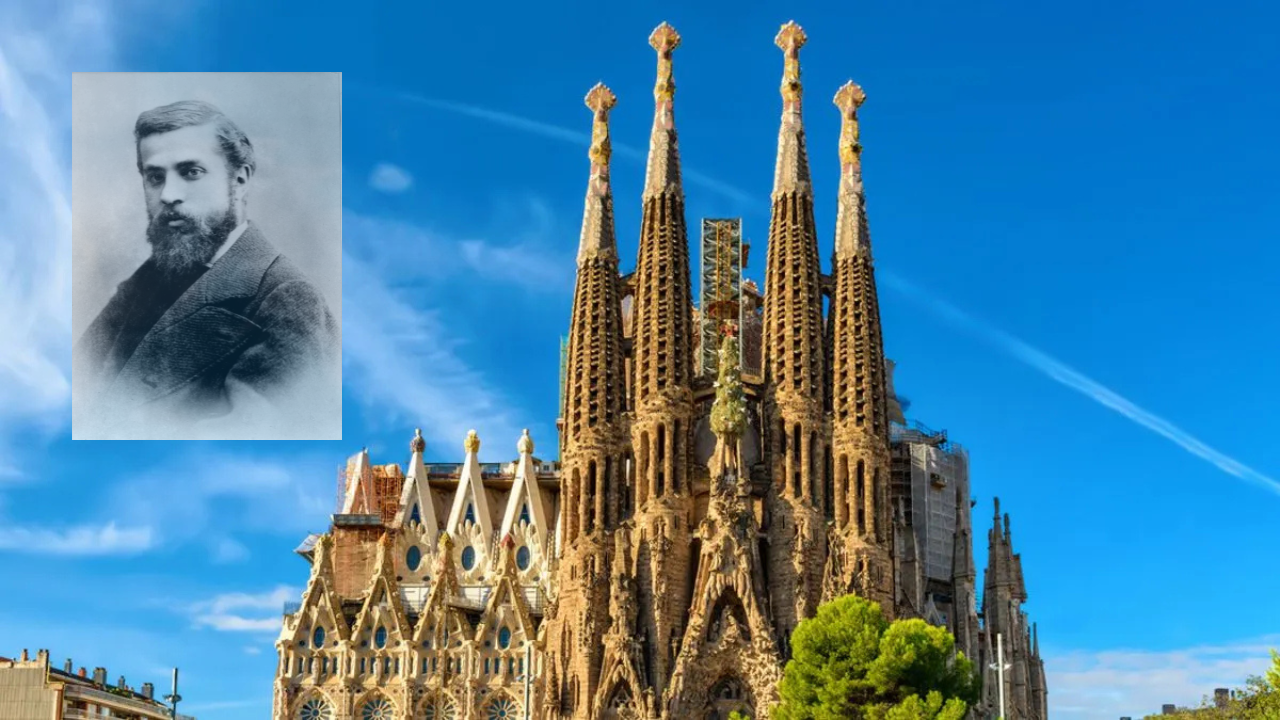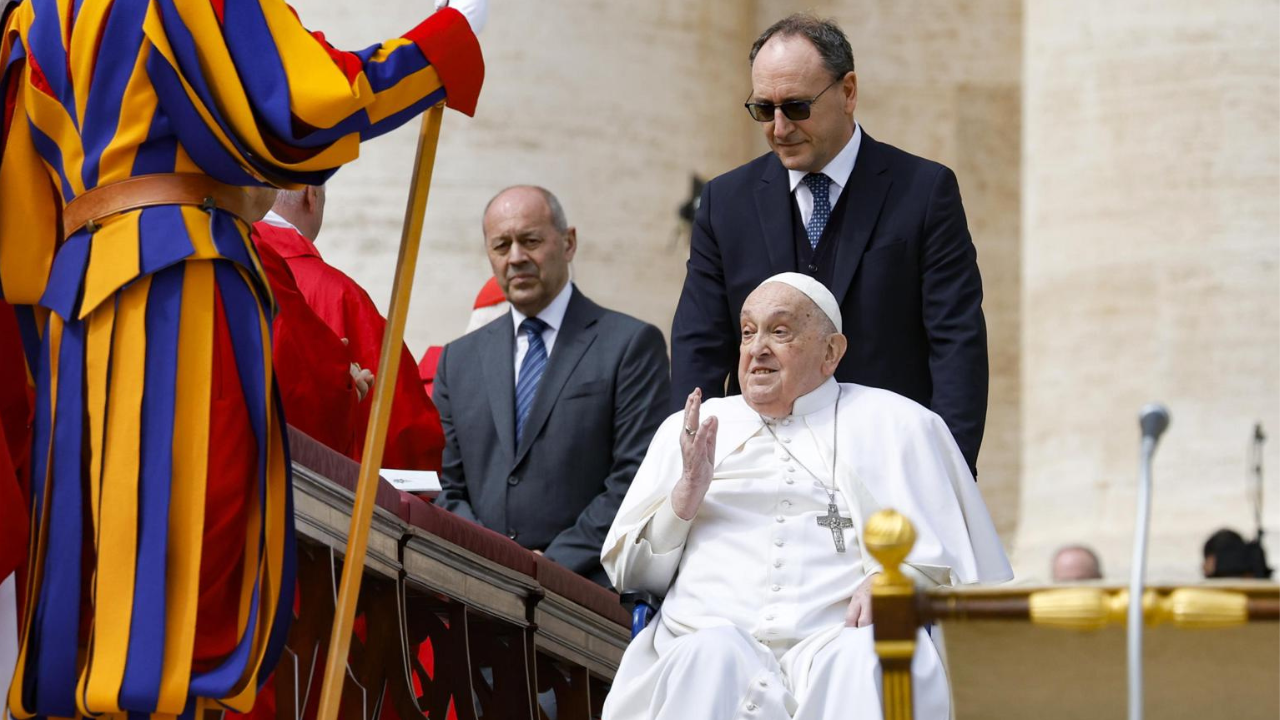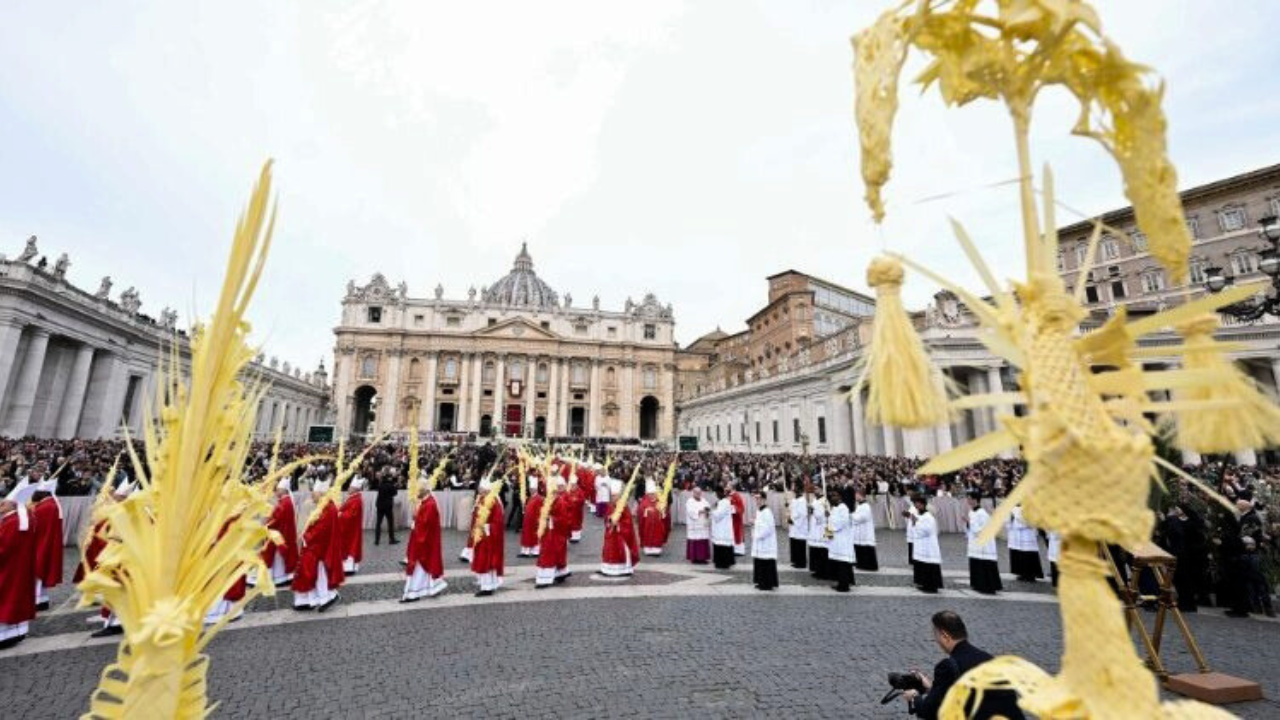Giovanni Battista Montini was one of the Catholic Church's protagonists in the 20th century. He was number three of the Vatican under Pius XII; later he was Archbishop of Milan and then pope for 15 years. Pope Francis will now declare him a saint.
WHAT CHALLENGES DID PAUL VI FACE?
He was elected pope on June 21, 1963, at a time of great uncertainty.
After the first stage of the Second Vatican Council, the 2,300 bishops did not agree on what to discuss or even whether to continue or close it.
He continued it and also gave it a central theme. Moreover, with his good work he managed to get the final decisions approved unanimously. He was famous for being a pope of dialogue.
JOHANNES GROHE
Pontifical University of the Holy Cross (Rome)
“There was a tremendous amount of work and Paul VI managed to bring this great council to a good conclusion.” “So having all these people agree on any given topic wasn't easy. ”
ROBERTO PAGLIALONGA
Journalist
“Paul VI had the great task of bringing the Second Vatican Council to a close. I would say finding the most important points of agreement was essential to avoid more divisions within the Church.”
WHAT WAS HIS MESSAGE?
He was pope during the years of the Sexual Revolution, and wrote the encyclical “Humanae Vitae.”
He maintained the Christian doctrine on contraceptives despite both internal and external pressure to change it.
Paul VI warned that the contraceptive pill could lead men to “lose respect for his wife, and... will come to the point of considering her a mere instrument of selfish enjoyment, and no longer his respected and beloved companion.”
FR. GILFREDO MARENGO
Author, “The birth of an encyclical”
“He realized that he was relatively alone both within and outside the Church. At the same time, however, in conscience, he did not feel he could take a different decision.”
Another of his most important texts is entitled “Evangelii Nuntiandi.” In it he explains that all Catholics, and not only priests or religious, should proclaim the Christian message to others. An announcement that is made with words and gestures.
MSGR. GUIDO MAZZOTTA
Congregation for the Causes of Saints
“In this document Paul VI speaks of the centrality and duty of the Christian to proclaim the Gospel in service to the poor, social justice, human progress.”
HOW DID HE CHANGE THE PAPACY?
It was not by chance that he chose Paul's name, because it contained a new message.
FR. ROBERTO REGOLI
Pontifical Gregorian University
“ He traveled like St. Paul, apostle of the nations. Paul VI was the first pope to speak to the United Nations. There he presented the Church as an expert in humanity. His name was his program for his Pontificate.”
He made nine trips during which he visited nineteen countries. He was in the USA, Iran, Philippines, Colombia and Portugal.
ROBERTO PAGLIALONGA
Journalist
“He is the first pope to do international journeys and therefore, in some way, presents the Church as outgoing. Something Pope Francis has frequently said.”
He also showed that St. Peter's successor is not a monarch and therefore renounced the papal crown. He sold it and gave the money to Mother Teresa of Calcutta. Since then, no pope has used it again.
He opened up dialogue with the Orthodox Church. A schism had separated them a thousand years ago, and he was the first successor of Peter who met with their leader, the ecumenical Patriarch of Constantinople.
ROBERTO PAGLIALONGA
Journalist
“Paul VI had focused his pontificate on dialogue with the other Christian Churches.”
He was above all an intellectual pope, who eliminated the “Index of forbidden books for Catholics,” which had existed for four centuries.
He died on August 6, 1978. He summed up his life in this way: he had tried to guard the faith and defend human life.
